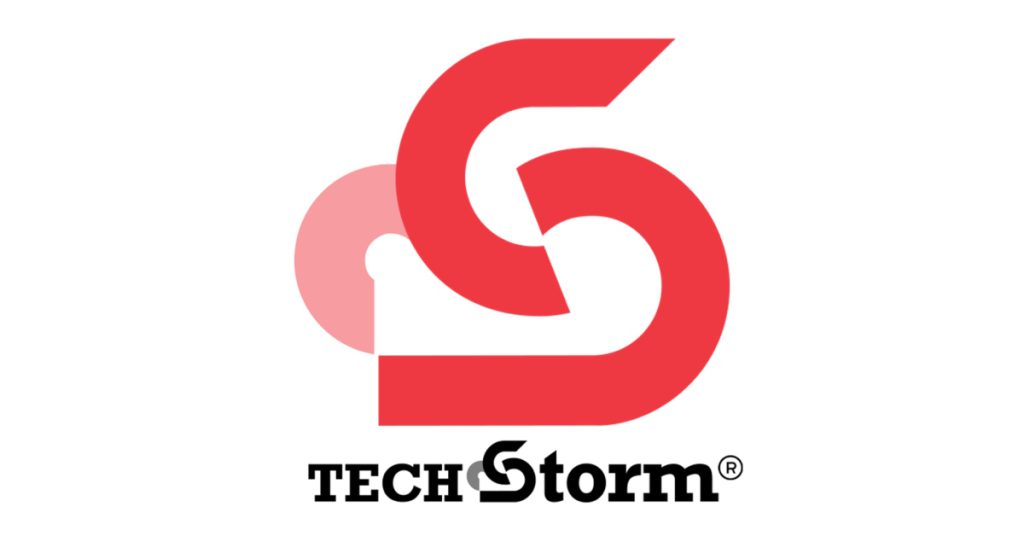The most exciting technology event of the year, Web Summit, was held again in Dublin, Ireland this year. From Nov 4 to Nov 6 this year, it attracted over 22,000 attendees from around the world. Many of these were startups spread across the sprawling grounds of the Royal Dublin Society, categorised into various “Summits” – We pick the five most promising startups from Asia that could potentially change the way we use technology.
1. Crayon Data

What it’s about: Crayon Data aims to simplify the world’s choices. Its platform uses big data and decision models to reach targets in meaningful and contextual ways. It has a portfolio of work in industries such as retail, tourism and banking.
Why you should look out for them: Crayon Data has been awarded various laurels, including TiE Silicon Valley’s TiE Top 50 awards and Top 5 finalist at IBM’s Watson Mobile Developer Conference. With scalable technology and platforms, Crayon Data could most likely provide the companies you interact with with relevant data and models that give you exactly what you want. Crayon Data is actively serving clients.
2. Shakr
http://youtu.be/gznx2HgUk8k
What it’s about: Shakr allows small businesses and individuals to create professional-quality videos using a simple drag-and-drop interface of photos and video clips. It currently has video style templates from designers who create ads for global brands.
Why you should look out for them: Shakr recently raised US$3M in funding to scale further from their offices in San Francisco and South Korea. Its easy interface means that you could potentially use it in your own projects, and the growth in its template library will make it even easier to do so. Shakr is now in public availability.
3. Cialfo
What it’s about: Cialfo uses technology to develop education products to expedite and ease the application process for higher education, such as the SAT exams. Through its three products, its resources help students applying for college better navigate through the complexity.
Why you should look out for them: Cialfo helps to improve the process of attaining education and potentially more fun to do. Since it makes the education process more accessible, you could recommend it to the next person eyeing that US college. Cialfo’s products are now in public availability.
4. Trendii
What it’s about: Trendii is a social sharing application that allows users to create and publish their own versions of hot trends that include their favorite products or services. Through the use of multimedia, social influencers can build global trends.
Why you should look out for them: Trendii’s international team wants to usher in the next version of social ecommerce. Perhaps you could be one of the world’s next social influencers too. Trendii is now available for beta signup.
5. GraphPaper
What it’s about: GraphPaper is a swiss army knife for using elements you love around the web. By enabling users a way to easily use and organise all their multimedia, services and streams together, GraphPaper solves the long-standing problem of having too many tools and multimedia used and collected in silo.
Why you should look out for them: GraphPaper simplifies and aggregates the all the web elements we use all the time, so everything can be seen and used in relation to each other. In the future, we could be using all our apps together on GraphPaper instead of having to decide or switch among all dizzying manner of services. GraphPaper is now available for alpha signup.
Sidebar: Fun facts about the Web Summit
- The Web Summit grew from 400 attendees, 3 international journalists, 4 investors and 3 exhibitors in 2010 to 22,000 attendees, 1200 international journaist, 800 investors and 2000 exhibitors in 2014.
- Uber raised $26.5M during the nighttime Summit activities in 2011.
- Guinness pitches in to make the experiences of attendees by serving pints of the fresh draught at €4.50 each.
- Web Summit includes lunch that comes from Irish producers around the country, provided to all attendees as part of the Summit experience.
- After the close of the Web Summit, a surf getaway was organised for those who signed up, including Mark Pinkus from Zynga (though obviously it’s too cold for Singaporean skin).
- Drew Houston, CEO of Dropbox, played guitar and sang at a bar on one of the nights.
- Paddy Cosgrave, the founder of Web Summit, had his house catch on fire on the eve of the Summit, almost endangering the group of eminent tech CEOs he was hosting at the time.
This article was originally written by Carylyne Chan, co-founder of GraphPaper. She is a marketer, thinker and a user advocate. You can find her reading, eating good food and enjoying wine on a Sunday afternoon.















